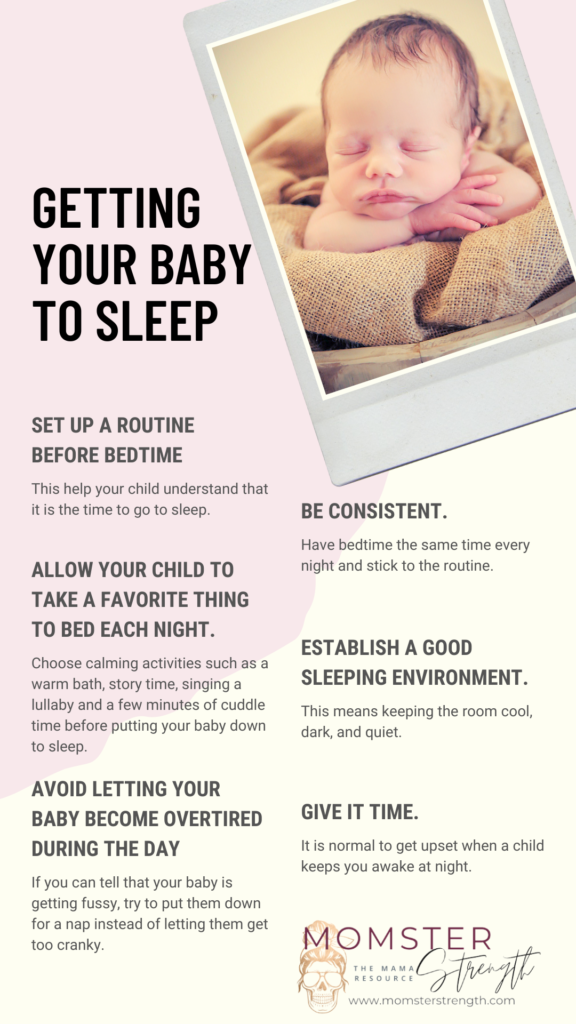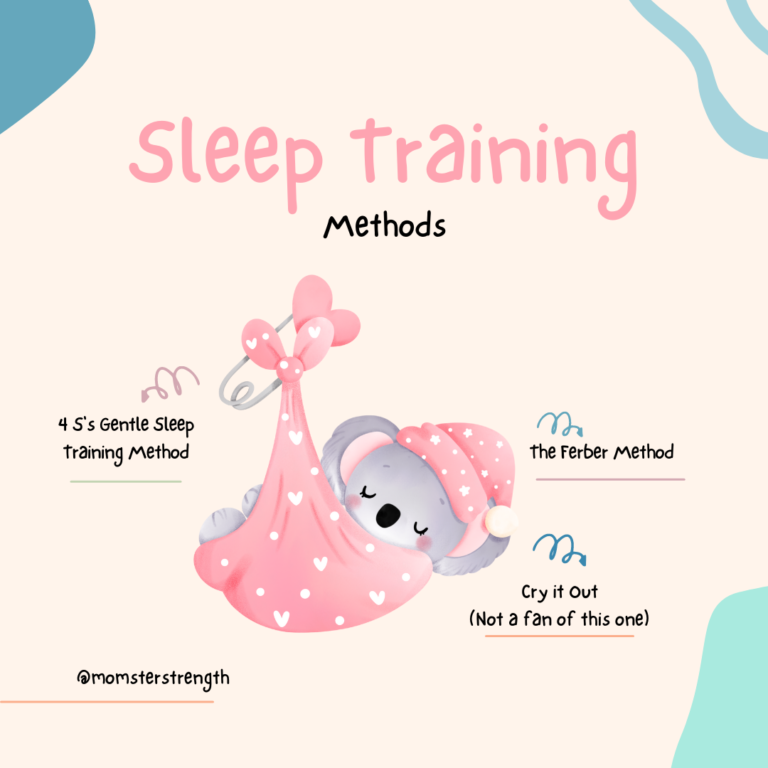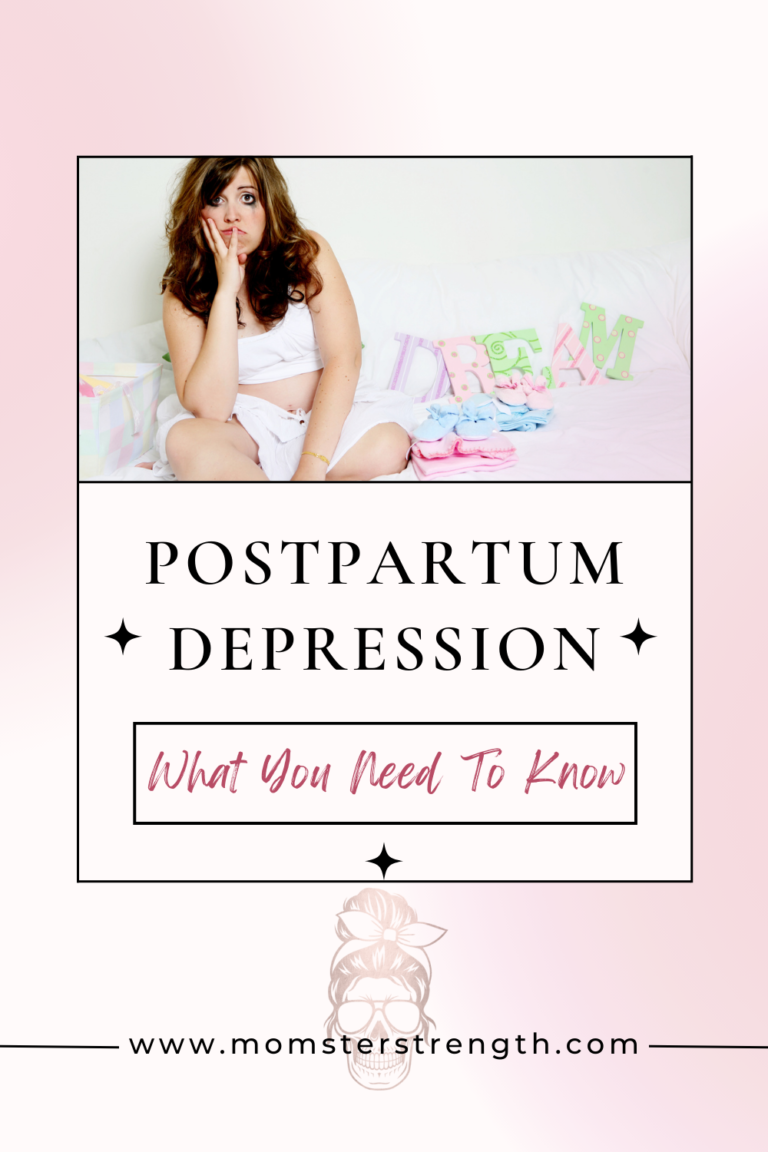Baby Sleep Cheat Sheet
As a new parent, you may be wondering when your baby should be sleeping through the night and what you can do to help them sleep better. Unfortunately, there is no one-size-fits-all answer to these questions. Every baby is different and will sleep according to their own unique schedule. However, there are a few general guidelines you can follow to help your baby get the best possible sleep.

Baby Sleep Needs
The first few months:
Newborns typically sleep 16-18 hours per day, but they don’t sleep for long stretches at a time. Around 6 weeks old, most babies start sleeping for longer stretches at night. During the first few months of life, it is normal for babies to wake up frequently throughout the night. In fact, most babies do not sleep through the night until they are around 4 months old. If you are breast-feeding, your baby will likely wake up every 2-3 hours to eat. However, if you are formula-feeding, your baby may be able to sleep for longer stretches of time.
4-6 months:
Around the 4-6 month mark, you may start to notice that your baby is sleeping for longer periods of time at night. They may still wake up once or twice to eat, but they will likely be able to sleep for 6-8 hours at a stretch. Most only need 1-2 naps during the day. However, some babies may still need 3 naps at this age.This is the perfect time to start working on a bedtime routine and sleep training, if you so desire.
6-12 months:
As your baby grows older, they will continue to sleep for longer periods of time at night. By the time they are around 6-12 months old, they should be able to sleep for 8-10 hours at a stretch. However, many babies this age still wake up once or twice during the night to eat.
1-2 years:
By the time your baby is 1-2 years old, they should be able to sleep through the night without waking up to eat. However, some toddlers still wake up once or twice during the night for a variety of reasons (teething, nightmares, etc).
3 years and up:
Most children are able to sleep through the night without waking up by the time they are 3 years old. However, some children may still wake up occasionally for a variety of reasons (fear of the dark, bad dreams, etc). If your child is still waking up frequently during the night, it may be time to talk to your pediatrician about possible sleep problems.
It’s important to create a sleep schedule for your baby and stick to it as much as possible. This will help them get into a regular sleep pattern and make it easier for you to predict when they will be sleepy.

A Typical Sleep Schedule for an Infant
- 6:45 pm – Dinner
- 7:00 pm – Bedtime routine begins (bath, book, etc)
- 7:30 pm – Baby is put in their crib awake
- 7:45 pm – Sleepy time music is turned on
- 8:00 pm – Bedtime!
- During the night:
- 11:00 pm – Feeding (if needed)
- 5:00 am – Changing and feeding
- 7:00 am – Wake up!
If your infant is always waking up during the night, there are a few things you can do to troubleshoot the problem.
- Make sure they’re getting enough sleep during the day. If they’re napping well during the day, they’re less likely to wake up at night.
- Check to see if they’re hungry. It’s common for infants to wake up at night because they’re hungry. If this is the case, you can try feeding them a small snack before bedtime.
- Make sure the nursery is dark and quiet. If it’s too bright or loud, it may be preventing your infant from sleeping through the night.
If you’re concerned about your infant’s sleep habits or you’re just looking for ways to improve their quality of sleep, consider talking to your pediatrician or a professional sleep coach. They can help you create a customized plan that will work for your family.
Tips for Creating a Sleep Schedule
There are a few things to keep in mind when creating a sleep schedule for your baby. First, be sure to include naps in the schedule. Naps are just as important as nighttime sleep! Second, don’t forget to account for night feedings. If your baby is still waking up to eat during the night, be sure to include that in the schedule. Finally, try to stick to the schedule as much as possible. There will be nights when things don’t go according to plan, but if you can stick to the schedule most of the time, your baby will soon get into a good sleep routine.
The above is just an example of a sleep schedule. Every baby is different, so be sure to adjust the schedule as needed to fit your baby’s needs.

Tips for Better Sleep:
There are a few things you can do to help your baby (and yourself!) get better sleep.
- Try to establish a regular bedtime routine and stick to it as much as possible. A bedtime routine should start about 30 minutes before you actually want your baby to fall asleep. Choose calming activities such as a warm bath, story time, singing a lullaby and a few minutes of cuddle time before putting your baby down to sleep.
- Make sure that your baby’s sleeping environment is conducive to good sleep. This means keeping the room cool, dark, and quiet.
- Avoid letting your baby become overtired during the day. If you can tell that your baby is getting fussy, try to put them down for a nap instead of letting them get too cranky.
- Finally, don’t forget to take care of yourself! Get enough sleep, eat healthy, and make time for relaxation. By taking care of yourself, you will be better able to take care of your baby.
The Bottom Line:
Every baby is different and will sleep according to their own unique schedule. If you want to get your baby on a sleep schedule, start by following these simple tips and tricks. And remember, it may take some time for your little one to adjust, so be patient! By establishing good sleep habits early on, you’ll be setting them up for a lifetime of healthy slumber. How do you get your baby to sleep through the night? Let us know in the comments below!
Additional Resources:
If you’re looking for more information on baby sleep, check out the following resources:
- The Baby Sleep Site – This website offers a wealth of information on everything from sleep schedules to bedtime routines to common sleep problems.
- The National Sleep Foundation – The National Sleep Foundation is a great resource for information on all things sleep, including articles, tips, and resources.







2 Comments
Comments are closed.